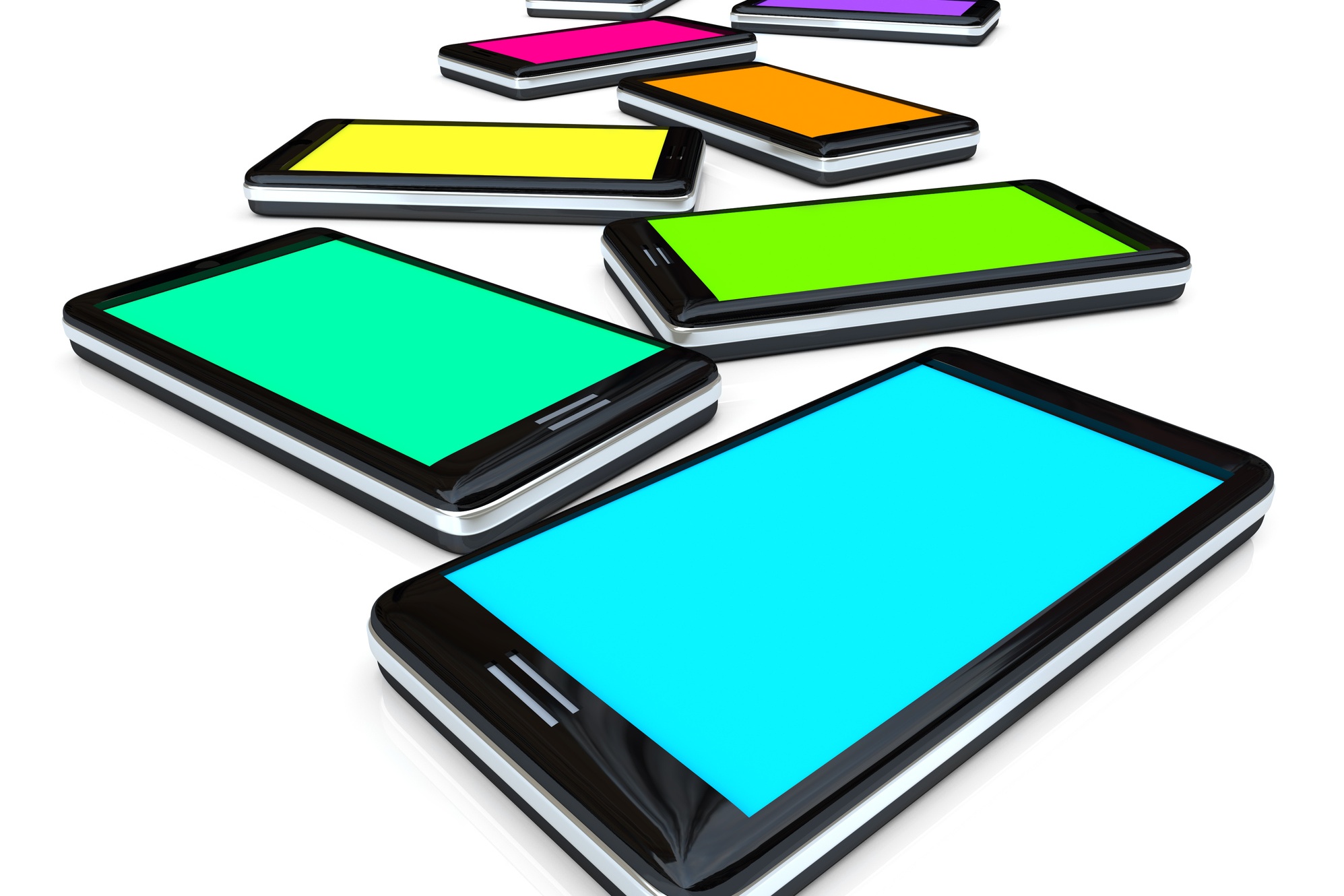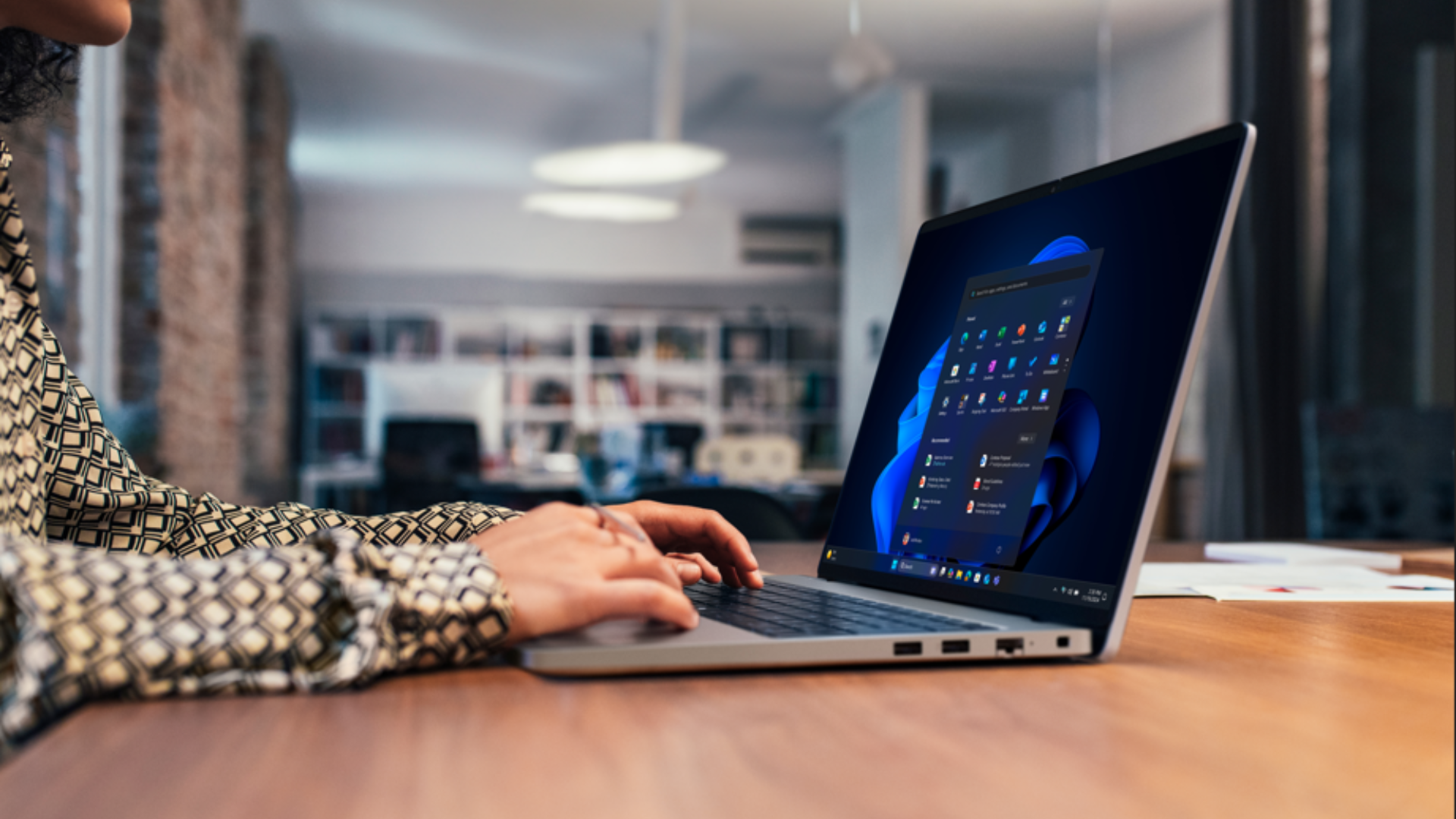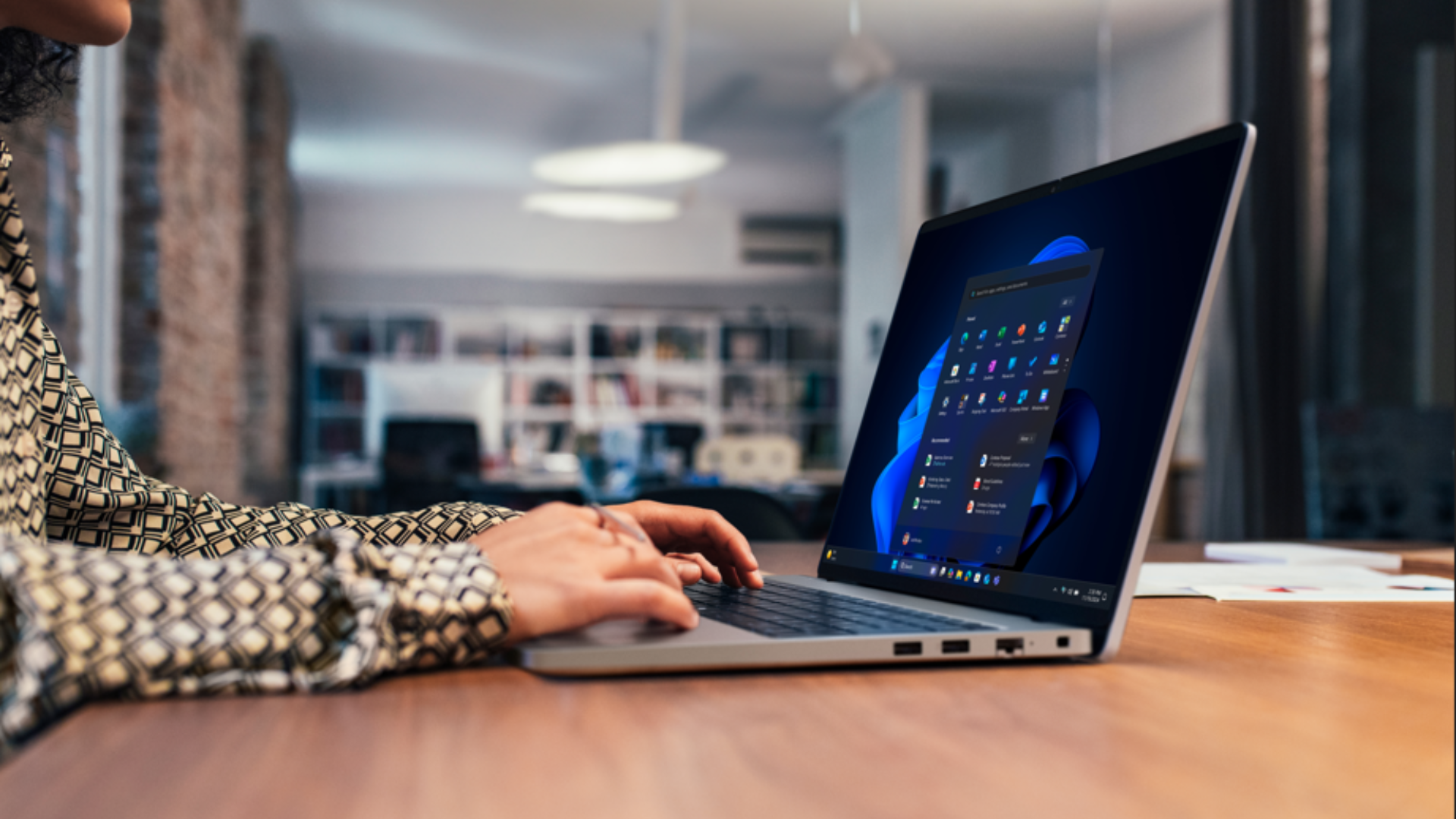Smartphones pioneered for use in Parkinson's disease detection
Aston university researchers hope smartphones could help people self-manage their conditions, while paving the way for earlier diagnosis

University researchers are pioneering the use of smartphones to help diagnose and monitor people with degenerative diseases, such as Parkinson's.
The team from Aston University's Nonlinearity and Complexity Research Group (AUNCRG) hopes to use the devices to gather information about how the symptoms of these conditions change on an hour-by-hour basis.
Parkinson's disease will be among the conditions focused on by the group, along with the rarer, genetic illness Friedrich's Ataxia. The latter leads to muscle weakness and loss of speech and hearing in sufferers.
Research into the use of smartphones in this way has already begun, with one study designed to collect data on the movement and speech patterns of Parkinson's sufferers using smartphones.
For example, the devices are set up to track the individual's movements, how often they speak to another person and how their voice changes over time.
Smartphones are increasingly being fitted with health tracking features, such as pedometers and heart-rate monitors, as manufacturers look for new ways to entice users to shell out for their devices, and the research looks to capitalise on this.
Dr Max Little, from AUNCRG, said the research could pave the way for patients to self-manage their conditions with greater ease.
Sign up today and you will receive a free copy of our Future Focus 2025 report - the leading guidance on AI, cybersecurity and other IT challenges as per 700+ senior executives
"Of course, it is still important that they receive regular advice and treatment from medical professionals, who may also benefit from this new technology," he said.
"Physicians may be able to use data collected by their patients' smartphones to prescribe medications to help control the progress of neurodegenerative conditions."
It is also hoped the research will enable those who may be genetically pre-disposed to Parkinson's keep tabs on the early signs of its development.
"The condition is hard to diagnose, with specialists having to take a detailed history of peoples' symptoms and analysing them for physical signs of the disease. Using smartphone data may help to make this process much easier," he said.
Dr. Little will be speaking about the project at the British Science Festival at the University of Birmingham today, and how it tallies with his previous research on the topic of Parkinson's disease and the effect it has on people's voice patterns.
This has been flagged, as a result of his research, as an indicator of the disease.

